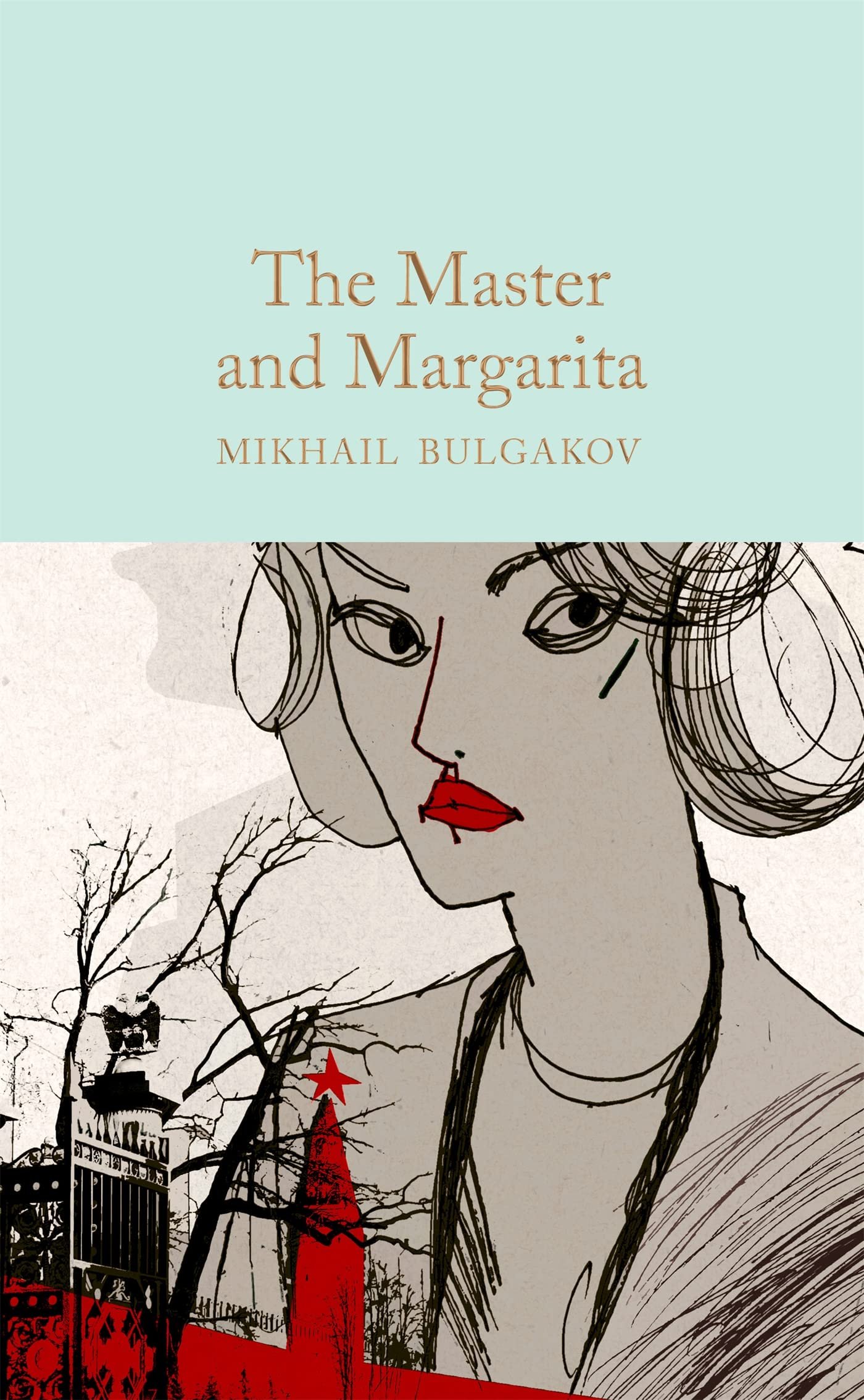In the realm of literary masterpieces, there exists a novel that defies conventional categorization – “The Master and Margarita” by Mikhail Bulgakov. This audacious revision of Faust and Pontius Pilate’s stories has cemented its place as one of the essential classics of modern Russian literature. It offers readers a satirical yet profound glimpse into the Soviet life of the 1930s, where the boundaries between reality and fantasy blur into a tapestry of wicked humour and philosophical musings.
Unearthing the Forbidden Gem
“The Master and Margarita” holds a fascinating history, one that reflects the tumultuous times in which it was conceived. Bulgakov’s novel was so scathingly accurate in its portrayal of Soviet life that it faced suppression and censorship during the author’s lifetime. Only in the 1960s did it see the light of day in a censored edition. But its truths were so enduring that its language became ingrained in common Russian speech, a testament to the power of literature to transcend barriers.
The Devil’s Delight
At the heart of the novel lies an enigmatic devil, Woland, who arrives in Moscow one hot spring, accompanied by a retinue that includes a beautiful naked witch and a talking black cat. In a city where belief in both God and Satan is absent, Woland and his entourage wreak havoc. Yet, amid the chaos, they bring solace to two troubled souls – the Master, a writer condemned for daring to pen a novel about Christ and Pontius Pilate, and Margarita, who loves the Master so intensely that she is willing to descend into hell for him.
A Tale of Unending Energy
Bulgakov’s literary creation bursts forth with inexhaustible energy, humour, and philosophical depth. Through this work, the nuances of human nature and society unravel, sparking discussions on politics, religion, and the very essence of good and evil. The novel takes readers on a rollercoaster ride of emotions, from hilarious antics to poignant reflections, leaving a lasting impression on their minds.
Satire and Social Commentary
“The Master and Margarita” serves as a canvas for Bulgakov’s scathing satire on Soviet society. The novel boldly satirizes the materialistic and bourgeois nature of the atheistic Soviet regime, making a searing commentary on the prevailing political climate. Through the parallel narrative set in Yershalaim, Bulgakov draws intriguing connections to the biblical story of Pontius Pilate, deftly weaving historical and religious allusions into his intricate tapestry.
Love and Redemption
At its core, the novel is an ode to love and redemption. The tender yet tumultuous romance between the Master and Margarita weaves a thread of hope through the chaos of the narrative. Margarita’s unwavering love for the Master drives her to make the ultimate sacrifice, embodying the transformative power of love in the face of adversity.
The Literary Alchemy of Bulgakov
Bulgakov’s writing style exhibits a unique alchemy of fantasy and reality. His mastery of prose and narrative structure transports readers to a realm where the improbable coexists with the plausible. The novel brims with a fantastical aura that blurs the lines between the corporeal and the spiritual, leaving readers spellbound.
A Tale of Enduring Influence
“The Master and Margarita” continues to inspire writers and readers alike, with its enduring legacy reaching far beyond its time and geographical borders. The novel’s influence can be seen in the works of celebrated authors like Salman Rushdie and Gabriel García Márquez, who drew inspiration from Bulgakov’s mastery of magical realism.
Conclusion
“The Master and Margarita” stands tall as an immortal work of art that defies constraints and expectations. Bulgakov’s exploration of the human condition, mingled with social commentary and whimsical fantasy, creates a reading experience like no other. Its unparalleled brilliance is marked by its ability to provoke thought, evoke emotion, and challenge societal norms. As we journey through its pages, we are reminded of the transformative power of literature, a power that transcends time and space, leaving an indelible mark on the human soul.

